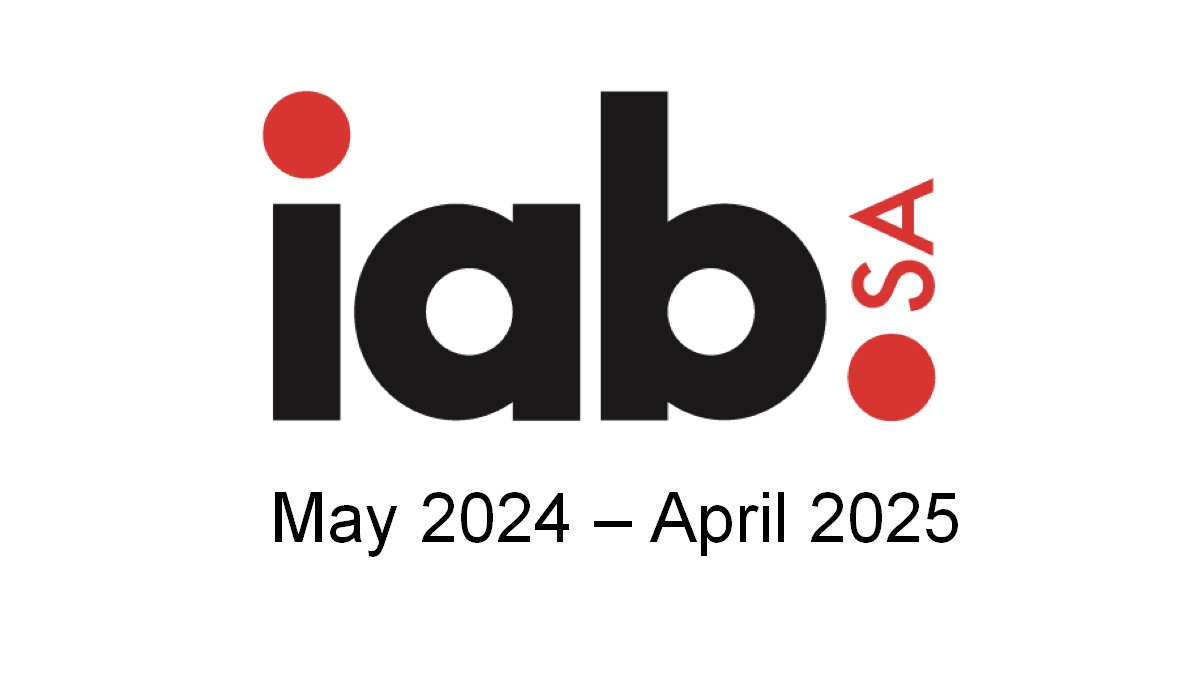Johannesburg- Former state procurement tzar Kenneth Brown has bemoaned “the erosion of capacity” of the office of the chief procurement officer, which he said could have played a big role in turning the tide against state capture.
Brown, a national treasury veteran, was appointed as the country’s first chief procurement officer (CPO) by then minister of finance Pravin Gordhan in 2013. He left the job in 2016.
Since then, the office, which is meant to modernise and oversee the country’s public procurement system to ensure that the procurement of goods and services is conducted in a fair, equitable, transparent, competitive and cost-effective manner, in line with the laws of the republic, has had several acting heads.
In a wide-ranging interview with Sunday World, Brown urged the government to appoint a permanent CPO and strengthen the capacity of the office.
“That office has just become a mere post box. There is no reason why the CPO vacancy has not been filled. What is troubling is the fact that nearly a trillion rand goes through the procurement system and there is nobody there to lead the modernisation, monitoring and ensuring transparency,” he said.
The government is the largest buyer in the country as it spends over R500-billion on goods, services and construction work through over 1 000 procuring entities.
The country’s lax procurement laws have recently drawn the ire of the state capture commission. The commission’s chairperson, Acting Chief Justice Raymond Zondo, in the first of three parts of his report handed to President Cyril Ramaphosa two weeks ago, said the country’s government procurement system was subverted long before state capture and only amplified under former president Jacob Zuma’s tenure.
He also said state-owned companies bought goods and services they did not need in order to siphon taxpayers’ money.
Brown said the government should seriously consider the independence of the office of the CPO – more akin to the independence of Chapter 9 institutions, which are meant to safeguard constitutional democracy.
“If it [office of CPO] belongs to a department, how independent is it? If it does its work properly, it puts pressure on the minister. Because at the end of the day, the minister gets caught between a rock and a hard place and starts to exert pressure.”
The National Treasury in 2015 began a process to establish the office of the CPO to give it powers and functions too, among others:
- Audit the performance of accounting officers and accounting authorities with respect to adherence to supply chain management regulations.
- Prescribe the process for procuring high-value goods, services and construction work.
- Sanction non-compliance with national supply chain management and procurement policies, regulations, instructions and guidelines.
- Sanction private and public sector transgressors.
However, the Draft Public Procurement Bill, which would have transformed the office of the CPO from a departmental functionary to an independent regulator, has still not been finalised – six years later.
Brown said it was a pity the bill had taken so long to be enacted. He also touched on the role bureaucrats must play in ensuring proper procurement, which he says if done well, can have a huge socio-economic impact.
“The problem with the state is that close to 80% of its actions are procurement-related. But when they employ a city manager or a director-general, nowhere in the performance contract does it say you must have efficiency in procurement.”
For more business news from Sunday World, click here.
Follow @SundayWorldZA on Twitter and @sundayworldza on Instagram, or like our Facebook Page, Sunday World, by clicking here for the latest breaking news in South Africa. To Subscribe to Sunday World, click here.




